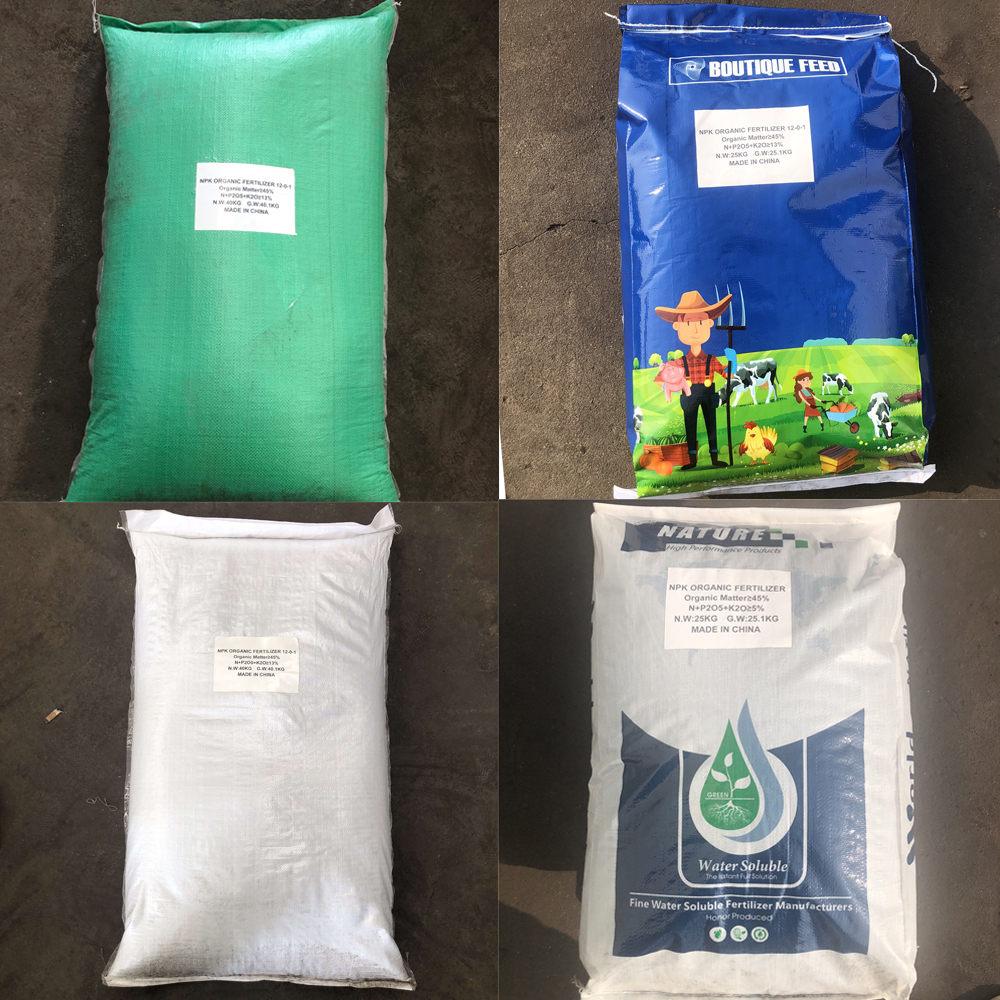
Nov . 12, 2024 03:16 Back to list
potash good for grass
The Benefits of Potash for Grass A Comprehensive Overview
Potash, a term that primarily refers to potassium-rich minerals and chemicals, plays a vital role in the growth and health of grass. Whether for home lawns, sports fields, or agricultural pastures, the inclusion of potash in soil management practices is essential. This article explores the significance of potash for grass, its benefits, optimal usage, and other related considerations.
Understanding Potash and Its Role
Potash is a key component of many fertilizers and is often categorized into two primary forms potassium chloride (KCl) and potassium sulfate (K₂SO₄). Potassium, being one of the three main nutrients (alongside nitrogen and phosphorus) necessary for plant growth, contributes significantly to various physiological processes within grass plants.
Grass requires potassium for a multitude of reasons. It helps regulate the uptake of other nutrients, enhances water retention, and promotes overall plant vigor. A balanced supply of potassium influences enzyme activation essential for photosynthesis and protein synthesis, thus directly impacting grass health.
Enhancing Grass Growth and Resilience
The application of potash can result in greener, healthier grass that boasts improved growth rates. One of the largest benefits of potassium is its role in increasing the plant’s resilience to stressful conditions such as drought, disease, and extreme temperatures. Grass that is adequately supplied with potash exhibits stronger root systems, which not only aids in water absorption but also helps the plant withstand environmental stresses more effectively.
potash good for grass

Additionally, potassium plays a crucial role in the development of robust cell walls, which can help grass fend off pests and diseases. When grass is healthy and vibrant, the likelihood of weed infestation decreases, potentially reducing the need for additional herbicides and chemical treatments.
Application and Timing
For optimal results, the application of potash should be tailored to the specific type of grass and the environmental conditions in which it grows. Soil testing is an effective method for understanding the nutrient profile of your soil, determining the necessity for potash, and ensuring that other nutrients are in balance.
Typically, potash is applied in the spring or early summer when grass is actively growing. This timing allows the potassium to be readily absorbed during peak growth periods, enhancing the plant’s development and resilience. It is essential, however, to follow the recommended rates based on soil tests or expert advice to avoid nutrient imbalances that could harm grass health.
The Bottom Line
In conclusion, potash is invaluable for maintaining the health and vitality of grass. Its ability to enhance resilience to stress, promote robust growth, and increase overall plant vigor makes it a critical component of lawn care and agricultural practices. Regular soil testing and informed fertilization practices will ensure that grass receives the necessary nutrients it requires for optimal growth.
By integrating potash into your grass management strategies, you can cultivate a greener, healthier lawn or pasture. Whether you aim for a lush residential lawn or a high-performing sports field, utilizing potash effectively can lead to remarkable improvement in grass quality. Embrace the benefits of potash and watch your grass thrive, reflecting the extraordinary potential that proper nutrient management can achieve.
-
Organic 10-10-10 Fertilizer | Balanced Plant Nutrients
NewsJul.31,2025
-
Premium Amino Acid Fertilizer | Rapid Plant Growth Booster
NewsJul.31,2025
-
10 10 10 Fertilizer Organic—Balanced NPK for All Plants
NewsJul.30,2025
-
Premium 10 10 10 Fertilizer Organic for Balanced Plant Growth
NewsJul.29,2025
-
Premium 10 10 10 Fertilizer Organic for Balanced Plant Growth
NewsJul.29,2025
-
Premium 10 10 10 Fertilizer Organic for Balanced Plant Growth
NewsJul.29,2025
